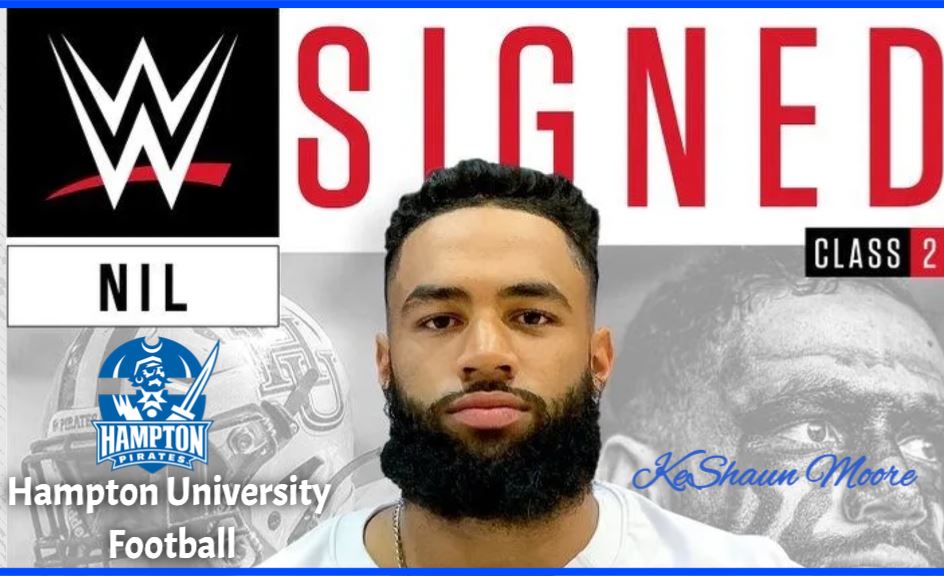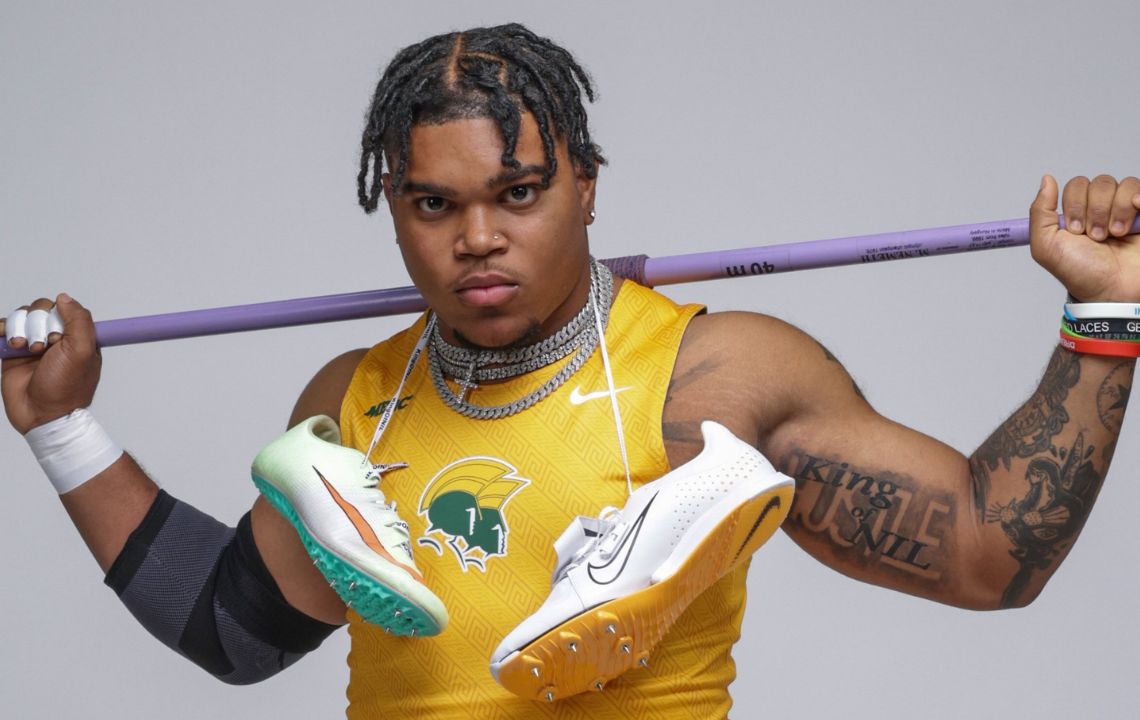In recent times, the letters NIL – standing for Name, Image and Likeness – have become just as important as any other statistic in the NCAA.
Athletes are allowed to profit from their own names and branding for the first time in history.
That could change in some respects as a draft of a bill is expected to be presented in the House of Representatives this week that could affect how athletes and institutions navigate the NIL space.
According to a story from USA Today reporter Steve Berkowitz, August Pfluger (R-Texas) wrote a letter that was shared within the House on last Friday, announcing that a bill being drafted by House Energy Committee Chair/Subcommittee on Innovation, Data and Commerce chair Gus Bilirakis (R-Florida) that would feature the following points of interest:
- Safeguarding “from retaliation by an institution of higher education for student-athletes who have signed a NIL deal.”
- The creation of a “new regulatory body tasked with establishing and enforcing rules pertaining to collectives, boosters, and student-athlete endorsement contracts.”
- A provision “clarifying that student-athletes are not eligible for employee status.”
- Language “providing liability protection to protect institutions from frivolous litigation.”

This means that regulation and possibly restrictions on NIL deals could be coming to college campuses, as well as measures to keep institutions honest in what they offer and how they treat athletes with NIL deals. This is an NCAA-friendly bill, which the organization has been hoping for since losing two anti-trust cases in the Supreme Court. The NCAA also faces a Standard Labor Practices lawsuit and a complaint from the National Labor Relations Board that they have misclassified employees as student-athletes.
What does it mean for HBCUs in particular? It’s another opportunity to be innovative and creative in recruiting and keeping student-athletes at the school while also increasing the brand recognition and profile of the institutions. The student-athletes will still be permitted to earn money for the time being, but possible restrictions could change how many NIL deals they could have and how much money they can earn from those deals.
As the college sports landscape continues to shift in various ways, this potential legislation gives Black College sports administrators and athletes something else to consider as they each continue to build their brands and raise their profiles while competing for championships in the field of play.








